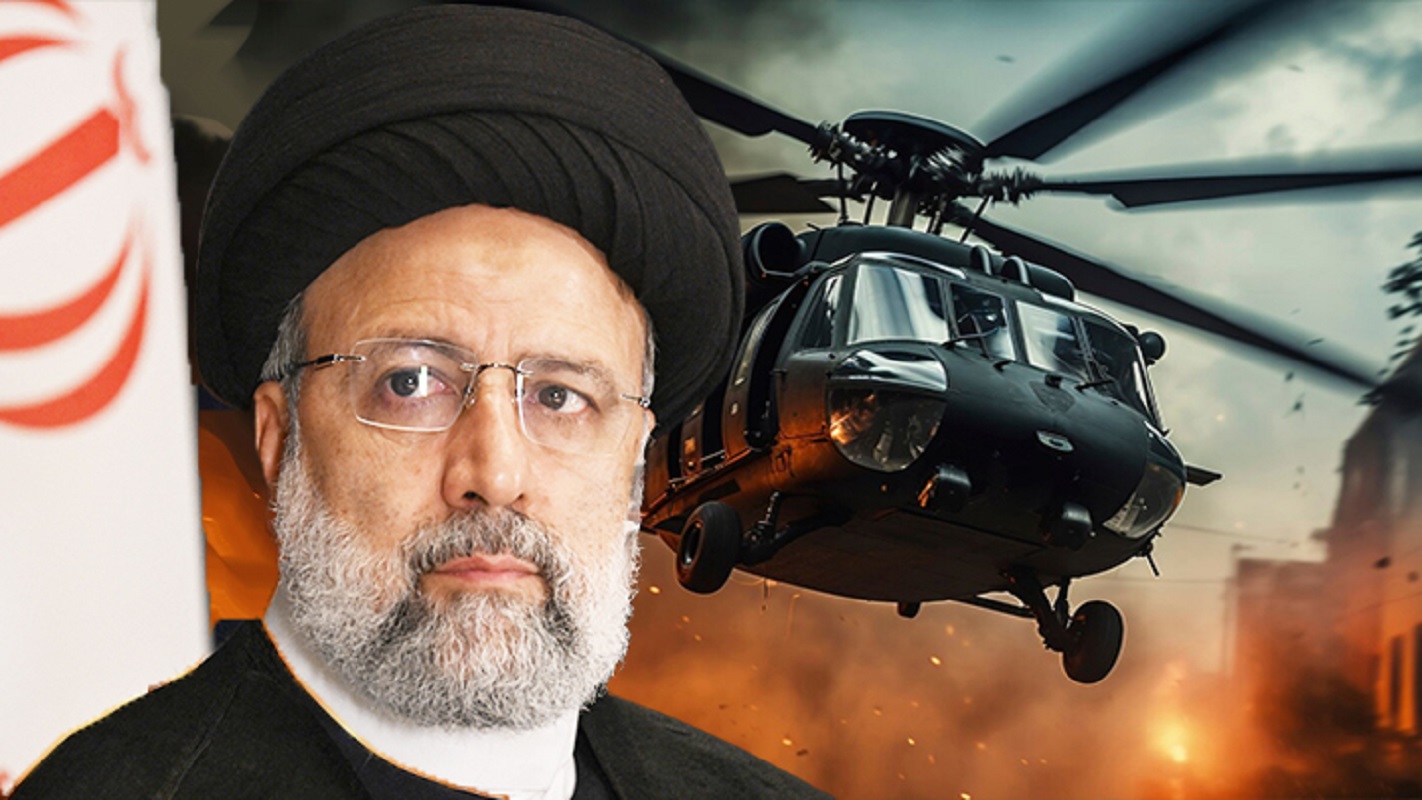Iran's President, Ibrahim Raisi, died in a helicopter crash in the northern part of the country. Returning from the inauguration ceremony of a dam, which he attended with Azerbaijan's President Ilham Aliyev, the helicopter carrying the president and foreign minister of Iran "lost contact" in mountainous terrain. It was later announced in the evening that everyone on board the helicopter had perished. People across Iran began celebrating, launching fireworks. Will there be changes in Iran's domestic and foreign policy? How will this catastrophe affect Iran? Independent Iranian commentator and author of the Telegram channel ‘Revolution in Iran,’ Maziar Mian, shared insights on Apostrophe TV.
In Iran, the deceased president was referred to as the ‘Butcher of Tehran’ because he participated in the executions of innocent prisoners in the 1980s. About three thousand people were executed in prisons at that time. Raisi was then the deputy prosecutor of Tehran and was involved in these killings. Sanctions were imposed against Raisi in 2019 precisely for this reason.
Regarding the helicopter crash, this helicopter, along with two others, took off from a city in northern Iran, where the opening of a dam was being celebrated. Two helicopters, carrying other officials, reached their destination. However, the helicopter with Raisi initially disappeared, and then it was discovered that it had crashed, resulting in the death of all passengers.
Currently, Mohammad Mokhber, the first deputy of Ibrahim Raisi, will temporarily assume the duties of the president. He is a very close associate of the Supreme Leader of the Islamic Republic, Ali Khamenei, and has previously held high positions in Khamenei's administration.
Next, the heads of the parliament and the judiciary will convene the Presidential Council, appoint elections, and after the elections, a new president will be inaugurated. The entire process will take 50 days.
No significant changes in the internal and external policies of the Islamic Republic should be expected, as strategic decisions in these areas are made by Ali Khamenei, not the president, who in Iran is merely an executor.
Versions of the crash
Discussing theories about the event prematurely is inappropriate since there are virtually no data available. At this point, we can only discuss some facts.
The first fact is that the Islamic Republic of Iran has been under sanctions for many years and faces difficulties in obtaining spare parts for airplanes and helicopters. We often see aviation accidents in Iran, so there is a high likelihood of some technical issues with the helicopter.
The second fact is the strangeness of three helicopters taking off simultaneously, with only one failing to reach its destination, particularly the one carrying the president and the foreign minister. Moreover, Ibrahim Raisi was one of the candidates for the position of Supreme Leader of Iran after the incumbent's death. Therefore, his death will be scrutinized from various angles.
As for the fireworks in response to the news of Raisi's possible death, people began celebrating the demise of the "Butcher of Tehran" and launching fireworks. This occurred in many cities. People genuinely congratulate each other, wishing the same fate for the leader of the Islamic Republic of Iran. People consider Raisi part of this regime and rejoice that a slaughterer is gone.
Will there be new protests?
Most likely, the change of power will occur smoothly. Under certain circumstances, there may be some wave of protest, but for now, I don't see any preconditions. A potential turning point could be the new elections when people come out to vote for a new president. Plus, elections in Iran have always been quite emotional, which could indeed lead to some political turbulence. Regarding the elections themselves, they don't occur in Iran as they do in the rest of the civilized world. There's a special Guardian Council consisting of 12 members (appointed by Iran's spiritual leader). This council proposes candidates for elections, from whom people choose the president. Therefore, it's not accurate to say that these are genuine elections. People can only choose among those proposed by the Guardian Council.
So far, there's no talk about specific candidates.
Iran and Russia
These relations will remain unchanged. Cooperation between these countries will continue in the same direction.


